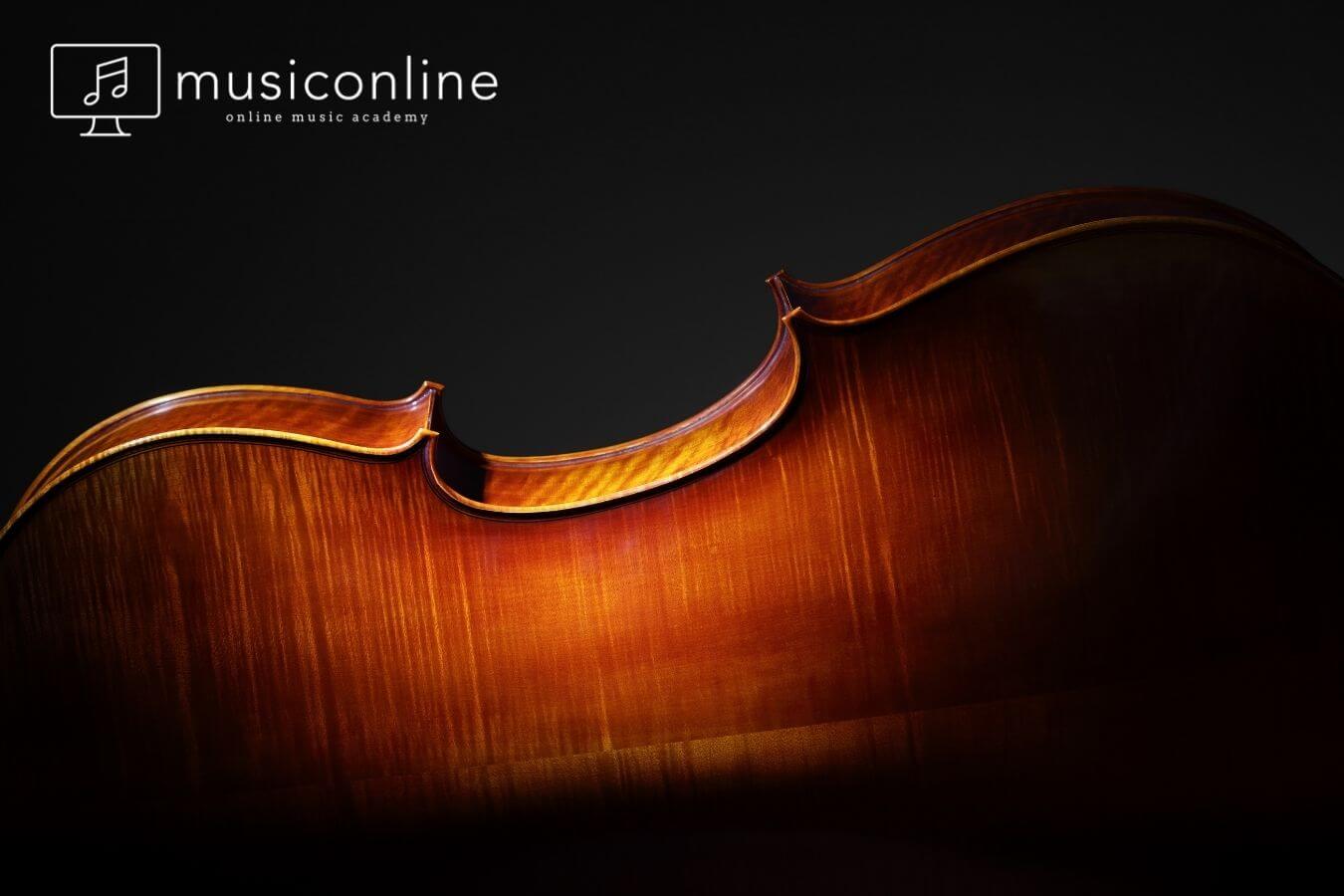musiconline blog
news about us & everything about music on our blog!
Making Electronic Music
There many different genres in music. However, there is a special one which is rising above all recently. Electronic music is the name of the game and it can be produced by anyone, thanks to technology.
We have briefly covered history of electronic music but now it's time to get our hands dirty. Grab a cup of coffee, or any other favorite beverage, and get set. This will be a detailed one!
Foundations
Although you might hear a specific sound when someone says 'electronic music', the term itself is broader than it initially seems. To put it simply, any song containing some electronic component can be defined as an electronic musical piece.
Worry not. We won't be bothering with these details. musiconline is here to break it down to small pieces and present you the most essential ones.
DAW
An abbreviation of Digital Audio Workstation, DAW is a type of software to be used for producing music. It is fair to say that there infinitely many production softwares so we will not cover every single one here. Instead we will only mention some popular names, like Ableton Live, FL Studio or Logic Pro X.
Each DAW has its pros and cons. To be more specific; Ableton Live excels in resource management. This means you can make better music with budget RAMs, CPUs or media drives. However its interface may seem intimidating for newbies. Similarly, FL Studio is great for newcomers and one of the easiest tools to use for making music. But its resource management is not even close to Ableton Live, especially for budget computers.
Logic Pro X is a whole another story. It is only available for Mac users, since it only runs on OSX operating system.
Long story short, if you're just about to start making music, pick some DAW and tweak. Depending on how it feels, you can change it anytime you like.
VST
Here we are with another abbreviation. VST, or Virtual Studio Technology, is a technology that helps you to add third party plugins in your DAW. Most DAWs have built-in features, instruments or effects to make music production better. However, an extra tool is never bad.
Just like DAWs, there are many different types of VST plugins. Some of them can be used for general audio engineering or mastering while others are specialized only for one component - maybe even for one sound effect! Here are some VST giants you may want to know if you are into producing electronic music: Xfer Serum, NI Massive (especially popular for house music ) and Sylenth1. Big names like Deadmau5, Skrillex, Diplo, Hardwell, Tiesto or KSHMR use these bad boys' products in almost every song. Follow the pros!
MIDI
MIDI is the pioneer of modern electronic music. It is a type of technology which allows musicians to transfer notes and velocity to computer. Thanks to MIDI, we listen to not only great songs today but also see extraordinary musical instruments like Seaboard .
If we can produce music toda simply with a computer, we owe this to MIDI technology!
MIDI also helps musicians to store instrument partitions in an electronic platform. This may seem a tiny detail but think it this way: You can download and analyze any partition and learn more to make better music. It is huge!
Extras
What you've just seen were the basics for making electronic music. We're now about to share couple extra details, which may not be needed in the beginning but will highly likely be critical for professional electronic music producers. If you have such dream or a plan to build a home studio , keep reading!
External Sound Card
Almost every computer comes with a built-in sound card. But very few, to be honest almost none, is specialized for making music. As we've just mentioned, an external sound card is not a must for a newbie electronic music producer. However the chances are high that you will look for one, for more complex tracks in the future.
With a decent external sound card, you can record guitars or vocals at home - or anywhere you like. This is a great way to enrich your music and give a more analog feeling to it.
Reference Speakers
Regardless of the area of production, some details are more important than others in shaping the output. Reference speakers are one of those details. They are crucial and they are tricky to work with!
Buying an excellent pair of reference monitors is not enough by itself. You still need to be careful when placing them and test acoustics so that you will not end up with a horrible mix.
You can think reference monitors as a magnifier. When used properly, they can help you to detect which frequencies are mixed good and which ones need more work. You can detect small details faster, more accurate and hence you can make your music better.
That's it - for now. If you are at the phase of "How do I make music?" or "Where to start making good songs?" take a step forward! All you need is a computer and an internet connection.
With these around, musiconline is as close as a click. To be honest, starting your music career have never been this easy.


